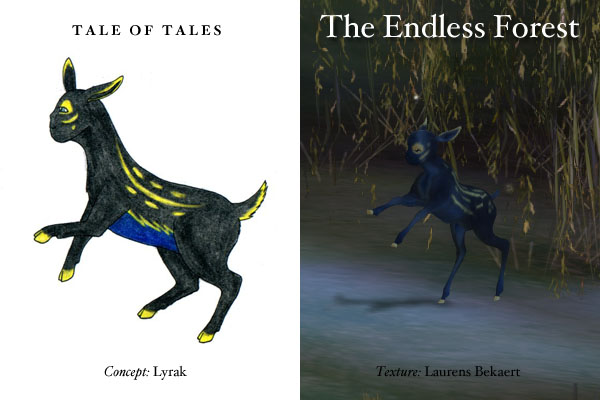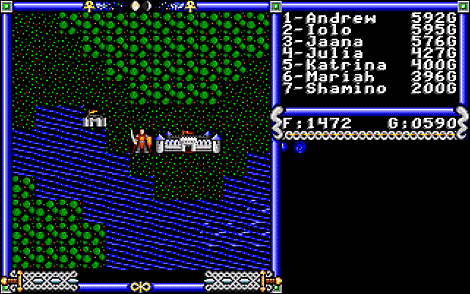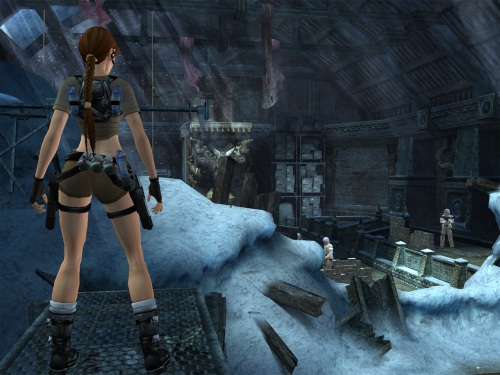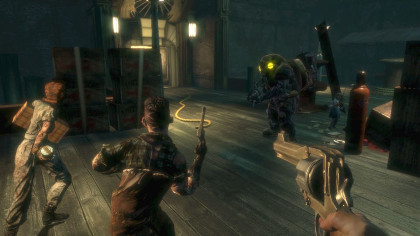The article below is somewhat of a continuation of the things that came up in our post “The meanings of games” and the comments that followed it.
There are two very distinct ways in which computer games can be experienced. As a result, there are two very distinct ways in which they can be designed. On the one hand computer games can be the culmination of formal games. With clearly defined rules, challenges, goals and rewards. Abstract and logical systems. The fruit of a happy marriage between automated logic and the strict rules of games. On the other hand, we see a form of experience (and design) that is growing in importance as computer technology becomes more powerful and accessible. Here the focus is on storytelling and expression. These games tend to feature recognizable graphics and sounds and less formal kinds of play and interaction. They use computer technology to breathe life into landcapes and characters and to connect things with each other.
At the moment, game design (and experience) seem to be in a schizophrenic state, attempting to fuse games-as-systems with games-as-stories, if you’ll excuse the rather poor terminology. A futile attempt, in my opinion, that does neither any good.
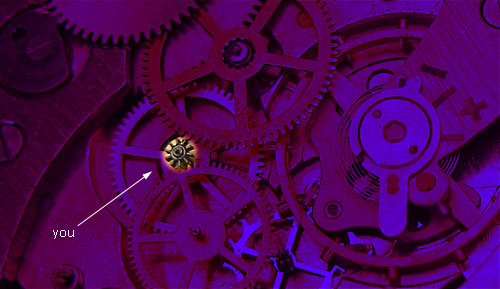
Computer games designed as systems are perfect. They are intricate machines that are complete by design. A computer could run games like this all by itself. But that wouldn’t be much fun. So the designer purposely destroys one of the cogs in the machine and allows a human to take its place. The challenge for that human is to be as good as the cog. The better you perform, the better the machine will run and the more pleasure you will experience.
Computer games designed as stories are much simpler. They don’t do much on their own. They don’t have missing parts. They are a missing part. What they become is entirely up to the user. And it is in this becoming that games-as-stories differ from games-as-systems. They may not be very significant by themselves, but they have limitless potential for growth. As they become part of the human who interacts with them.
If games-as-systems are big machines that allow you to play a little cog, then games-as-stories are little cogs that want to find a place in the big machine that is the user. The system-machines require the cog to change and adapt, to try and become as perfect as itself. The little stories-cog does not change ever. But when it becomes part of a user-machine, it causes changes in that machine. And these changes know no boundaries.
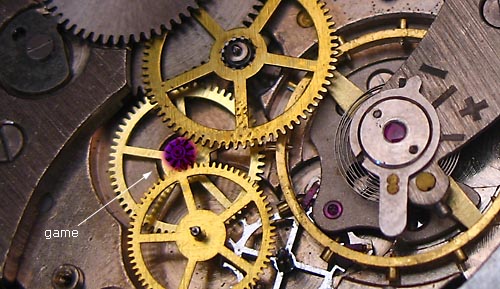
Games-as-systems create magic circles. Becoming part of the game, stepping into the magic circle, requires accepting the rules of the game, performing in a way that the system expects, playing the role that you are supposed to play. As an abstract ruleset, the game does not need you. The magic circle does not disappear when you stop playing or when you break the rules. It just becomes invisible. To you. You play or you don’t play. And there is a clear border between the two.
Games-as-stories don’t require you to become a part of them. They want to become a part of you. If you allow them to, they will find a little place for their own in the flow of your life. There is no need for you to suspend life for a moment and to step into a magic circle. Games-as-stories step into your life instead. How far they go, how much they mean, or even if they make the step at all, is left entirely up to you. They don’t absorb you. You absorb them. And then they change you from within.
Games-as-systems push you to become as good as a computer would be. They require your submission to their rules and don’t allow you to add to them. They are perfect. And that is their limitation. And why they are not art. Perfection is a level cap. It implies an upper limit to the possibility space. It ultimately confines the experience of the user.
Which is not to say that games-as-systems can not be enjoyable. They most certainly are, especially as they continue to challenge you to become perfect. Systems can also be beautiful. Systems create patterns. Patterns bring pleasure to the human brain. Or think of the beauty of mechanical clocks and ship engines. Marvelous spectacles to behold!
Compared to those, the game-as-story is small and modest. It does not offer much. It requires your attention, your devotion, your willingness, your creative input. It cannot mean anything without you. But with you, its potential for meaning is limitless.
There is nothing wrong with games-as-systems. We all enjoy them. But when we try to combine them with games-as-stories, the perfection of the system tends to hold back the potential of the art! I don’t know how far games-as-stories can go, artistically. Maybe not far at all. But we should give them the opportunity to explore what’s out there.
Original clock image kindly borrowed from DTP999.
